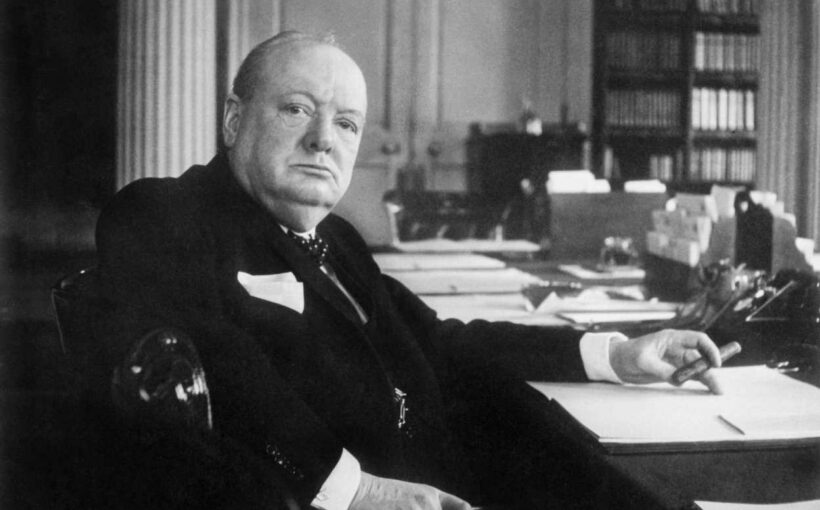THE BBC has been rapped over a biased report blaming Winston Churchill for the deaths of millions in the Bengal famine.
A complaint over the News at Ten report has been partially upheld by the Beeb, after Churchill was accused of racism.
The corporation admitted it fell short of its own impartiality guidelines after not offering up an oppositional view to the historians and commentators on the report.
It was part of a series of reports 'looking at Britain's colonial legacy worldwide'.
Indian historian, Rudrangshu Mukherjee, sparked outcry after he claimed that Churchill was “seen as the precipitator of mass killing” due to his role in the 1943 famine.
“Prioritising white lives over Asian lives”
On the same show Oxford University's Yasmin Khan also claimed that Churchill was “prioritising white lives over Asian lives” by not sending aid to India, then a British colony, during the crisis.
A complainant argued the report “did not take proper account of the fact that Britain was engaged in a world war at the time; and it suggested the absence of effective action to alleviate the famine reflected racism on Churchill's part.”
The BBC's executive complaints unit (ECU) upheld this part of the complaint.
It stated: “A number of the interviewees in the report, suggested Churchill regarded Indians with a degree of disdain if not outright hostility, and the impression that this explained his behaviour was reinforced by the citation of a contemporary account reporting Churchill as having said Indians "breed like rabbits".
COMPLAINT UPHELD
"It is hardly controversial to say Churchill on occasion expressed attitudes which many would now regard as evidence of racism, and the ECU thought it editorially justifiable to refer to the issue of racism in the context of a report focusing on Indian attitudes which run counter to the received view of Churchill.
"In the ECU's judgement, however, more exploration of alternative views of Churchill's actions and motives in relation to the Bengal famine was required to meet the standard of impartiality appropriate to a report in a news bulletin of this kind.
“This aspect of the complaint was upheld.”
The Bengal Famine was triggered by a cyclone and flooding in Bengal in 1942, which destroyed crops and infrastructure.
Historians agree that many of the three million deaths could have been averted with a more effective relief effort, but are divided over the extent to which Churchill was personally to blame.
Source: Read Full Article



